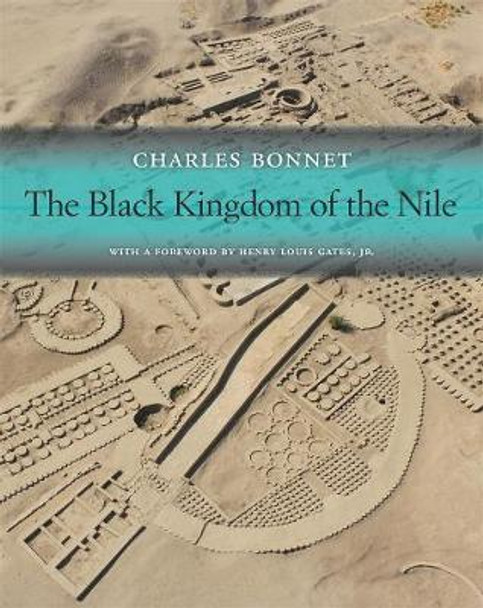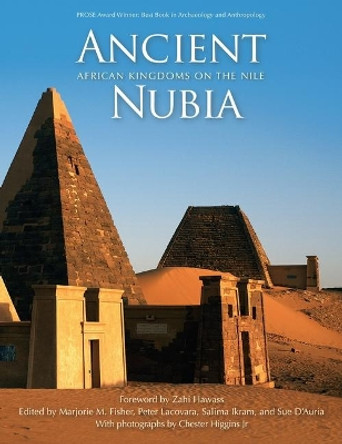Description
Landmark archaeological excavations that radically revise the early history of Africa.
For the past fifty years, Charles Bonnet has been excavating sites in present-day Sudan and Egypt that point to the existence of a sophisticated ancient black African civilization thriving alongside the Egyptians. In The Black Kingdom of the Nile, he gathers the results of these excavations to reveal the distinctively indigenous culture of the black Nubian city of Kerma, the capital of the Kingdom of Kush. This powerful and complex political state organized trade to the Mediterranean basin and built up a military strong enough to resist Egyptian forces.
Further explorations at Dukki Gel, north of Kerma, reveal a major Nubian fortified city of the mid-second millennium BCE featuring complex round and oval structures. Bonnet also found evidence of the revival of another powerful black Nubian society, seven centuries after Egypt conquered Kush around 1500 BCE, when he unearthed seven life-size granite statues of Black Pharaohs (ca. 744-656 BCE). Bonnet's discoveries have shaken our understanding of the origins and sophistication of early civilization in the heart of black Africa.
Until Bonnet began his work, no one knew the extent and power of the Nubian state or the existence of the Black Pharaohs who presided successfully over their lands. The political, military, and commercial achievements revealed in these Nubian sites challenge our long-held belief that the Egyptians were far more advanced than their southern neighbors and that black kingdoms were effectively vassal states. Charles Bonnet's discovery of this lost black kingdom forces us to rewrite the early history of the African continent.
About the Author
Charles Bonnet-a world-renowned archaeologist-began excavations in modern-day Sudan over fifty years ago and established the site of the capital of the Kingdom of Kush in the mid-second millennium BCE. He was instrumental in building a museum in Sudan to preserve the statues found at the site. Henry Louis Gates, Jr., is the author of numerous books and has written extensively on the history of race and anti-Black racism in the Enlightenment. His most recent works include Stony the Road and The Black Church. He is the Alphonse Fletcher University Professor and Director of the Hutchins Center for African and African American Research at Harvard University.
Reviews
A splendid summary of [Bonnet's] life's research...This well-illustrated volume will be of interest to Egyptologists and Nubiologists, as well as a wider audience without expert knowledge...Bonnet's excavations and his studies, as well as his contributions to the new Kerma site museum discussed in this book, allow a more balanced assessment of this African civilization which has long been hidden in the shadow of Egypt. -- Julia Budka * African Archaeological Review *
Bonnet presents the extensive results of his five decades of excavations at Kerma, Sudan...This book's greatest strength is its highly detailed architectural descriptions that capture the grand scale and extraordinary complexity of the site. For a researcher interested in architecture and urbanism in the Nubian Nile Valley, this volume would be an important and valuable resource. -- Aaron M. de Souza * Journal of Near Eastern Studies *
Book Information
ISBN 9780674986671
Author Charles Bonnet
Format Hardback
Page Count 224
Imprint Harvard University Press
Publisher Harvard University Press









